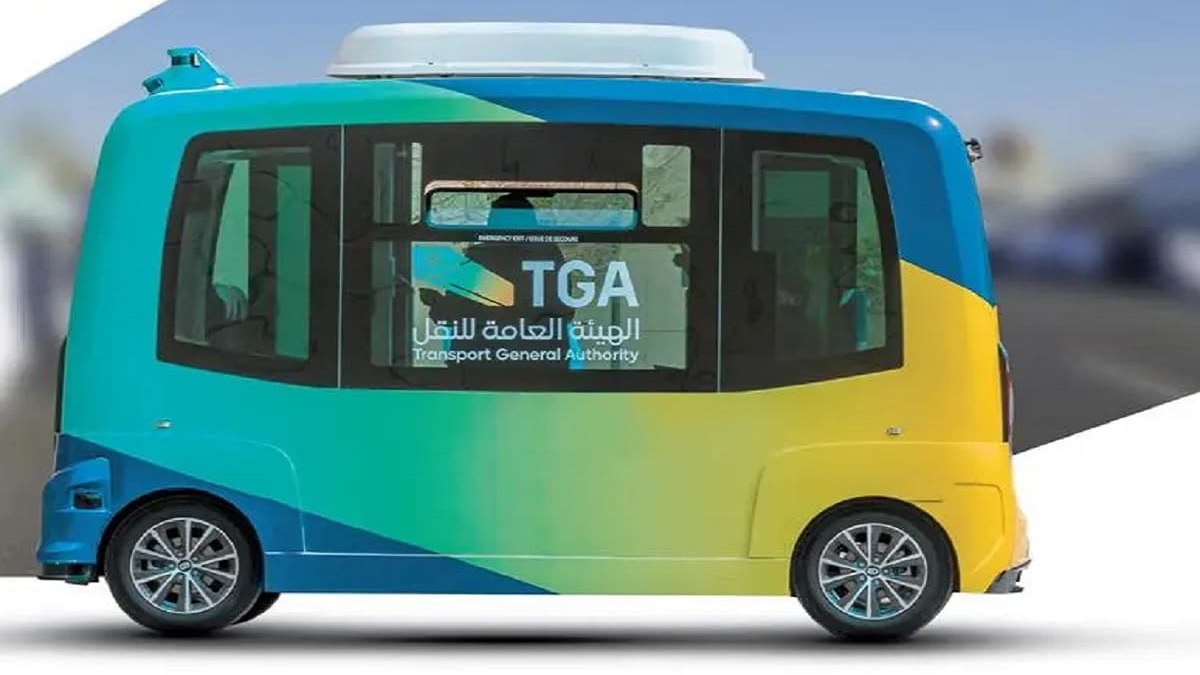In a groundbreaking move, this year’s Hajj pilgrimage has been enhanced by the integration of an autonomous bus service to complement traditional transport methods. This innovative feature has been launched at the Zeofur Rehman facility, marking a milestone in the evolution of transportation for Hajj pilgrims.
The Saudi Transport Authority is spearheading this autonomous bus service revolutionary initiative with the goal of offering a more sustainable, cost-effective, and user-friendly transportation alternative. This inventive solution underlines the Authority’s commitment to leveraging advanced technologies to improve the pilgrimage experience.
These autonomous buses, which function based on cutting-edge artificial intelligence, can comfortably accommodate up to 11 passengers and operate for six hours without the need for recharging. This pilot project represents the first-ever application of autonomous vehicle technology in the context of the Hajj pilgrimage, underscoring Saudi Arabia’s dedication to incorporating technological advancements into their public systems.
Read More: Suzuki and SkyDrive Collaborate to Manufacture Electric VTOL Aircraft in Japan by 2024
This new autonomous bus service approach to transportation is designed to enhance the pilgrimage experience for the millions of people who undertake the Hajj each year. As the world increasingly recognises the potential of technology to enhance various aspects of daily life, this integration of autonomous vehicles into the Hajj infrastructure reflects the evolution of modern transportation solutions and the growing focus on sustainability.
The integration of these self-driving buses not only showcases the advancements in transportation technology, but also aligns with the broader global trend towards digitization and automation. The Hajj pilgrims can now avail of this forward-thinking mode of transport, enjoying a more seamless, efficient, and environmentally friendly pilgrimage experience.





















